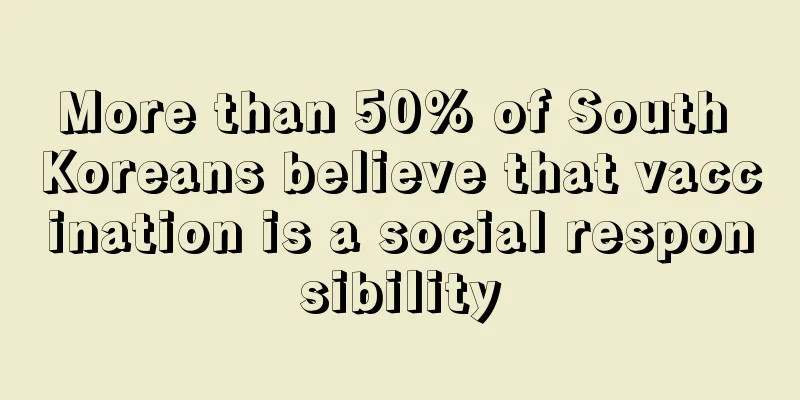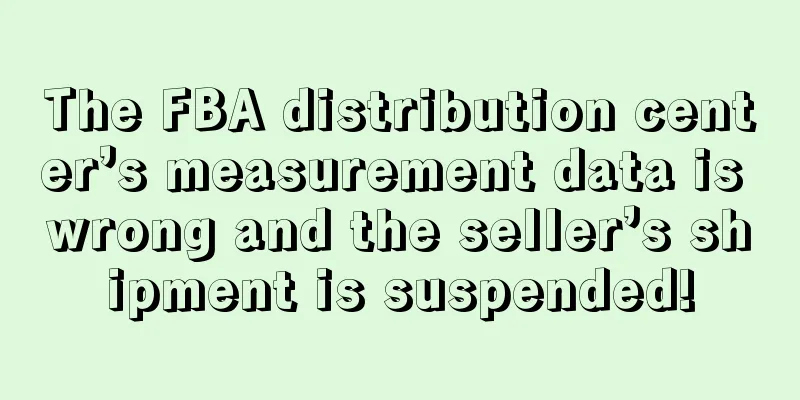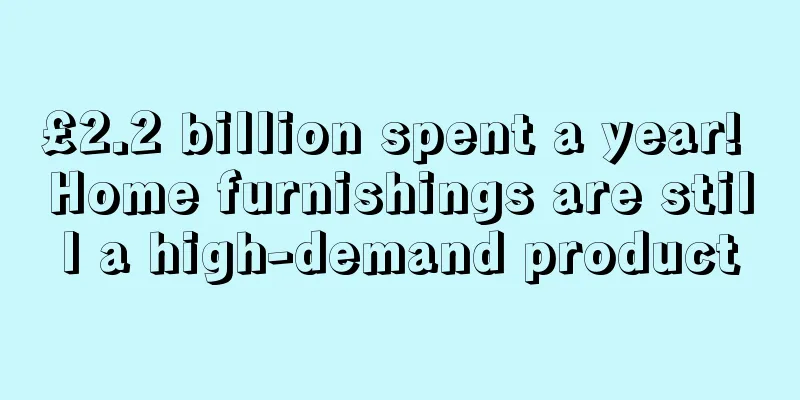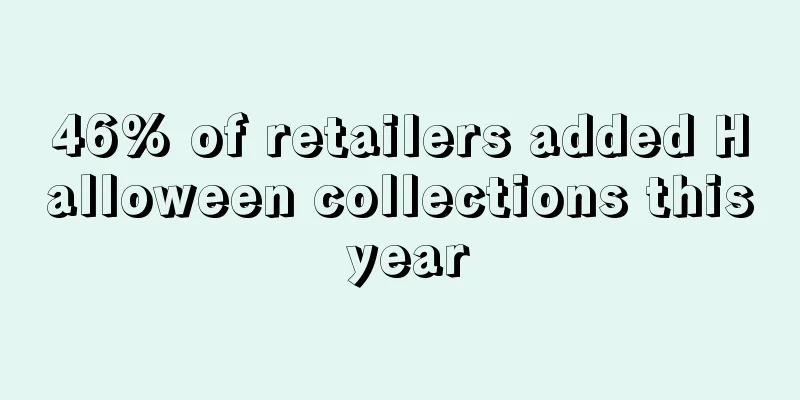More than 50% of South Koreans believe that vaccination is a social responsibility

|
Yonhap News Agency reported in Seoul on March 2 that the results of a public opinion poll on vaccines conducted by the Graduate School of Public Health at Seoul National University showed that more than half of Koreans believe that getting the new crown vaccine is a social responsibility to protect the health of others.
The epidemic plan research team of the Graduate School of Medicine at Seoul National University has four members, including Kim Hong, Yu Myung-soon, Lee Tae-jin, and Cho Sung-il . They conducted a second round of survey on "The COVID-19 Epidemic and Social Health" among 1,884 adults across the country from February 8 to 17.
The results showed that 54.4% of respondents believed that vaccination was "the responsibility of every citizen", 12.5% believed it was a "personal choice", and 26.7% believed it was "both".
In response to the question "Would you be willing to get vaccinated when the safety of the vaccine is scientifically certified and it is free for everyone?", 30.6% of the respondents said "I will definitely get vaccinated", 49.1% answered "maybe I will get vaccinated", and 79.7% of the respondents are willing to get vaccinated.
However, when no preconditions were added, the proportion of those who responded that they were willing to be vaccinated dropped to 52.5% . The proportion of those willing to be vaccinated was proportional to their age, with only 32.9% in the 20-year-old age group and rising to 67.8% in those over 60 years old.
In addition, more than half of the respondents supported the epidemic prevention department 's measure that "vaccination subjects are not allowed to independently choose the type or brand of vaccine" , 46.3% of the respondents expressed "partial support", and 9.6% of the respondents expressed "strong support", totaling 55.9% , and 38.6% answered "no support".
In response to the question "How do expectations and fears about vaccines compare to last year ? ", most respondents answered "expectations and fears are at the same level" at 41.8%, while "expectations are greater than fears" at 30.2% . Secondly , compared with the initial survey in January, the response of "expectations have increased" has increased slightly, while the response of "fears have increased" has decreased slightly.
A professor at the Seoul National University Epidemic Planning Research Group explained, “Through many projects, attitudes toward vaccination are changing , and at the same time, concerns about vaccine side effects are increasing. To address concerns about side effects, the government should provide and be transparent about vaccine information . ”
South Korea vaccine government |
Recommend
Shenzhen's IPO is approved! Under multiple risks, the sellers in the industry reacted in a surprisingly consistent manner
When a company grows to a certain size, it will o...
What is KOL Direct Hiring? KOL Direct Hiring Review, Features
KOL Direct Hiring is a brand of Magellan Media Tec...
Annual sales will exceed 40 million US dollars, and Guangzhou sellers will receive nearly 10 million yuan in financing
Recently, POVISON, a cross-border home furnishing...
What is Cool Bird Seller Assistant
Cool Bird Seller Assistant is an Amazon operating...
What is Voltoo? Voltoo Review, Features
Oto International Express is a mobile client for s...
What is eGlobal Central? eGlobal Central Review, Features
eGlobal Central is a global online store that off...
What is Simply Framed? Simply Framed Review, Features
Simply Framed is a company that specializes in cus...
What is Homage? Homage Review, Features
Homage is a sportswear mall. About Homage Homage f...
What is Kinja Deals
Kinja is the Deal section of Gawker, the largest ...
Dominating the hot search list! Sales of this product soared 2061%
During the 2020 epidemic, many categories have be...
What is ShelfTrend? ShelfTrend Review, Features
ShelfTrend allows you to search real-time market d...
With revenue increasing 40 times in 3 years, it has become a top BSR seller!
In the past two years, office furniture consumpti...
What is Memaila? Memaila Review, Features
<span data-docs-delta="[[20,{"gallery"...
Nearly 39 million views! The goods sold by a Shenzhen seller burned down a foreign man's house
Product quality has always been the foundation of...
What is Ochama? Ochama Review, Features
Ochama is an omnichannel retailer, a one-stop shop...









